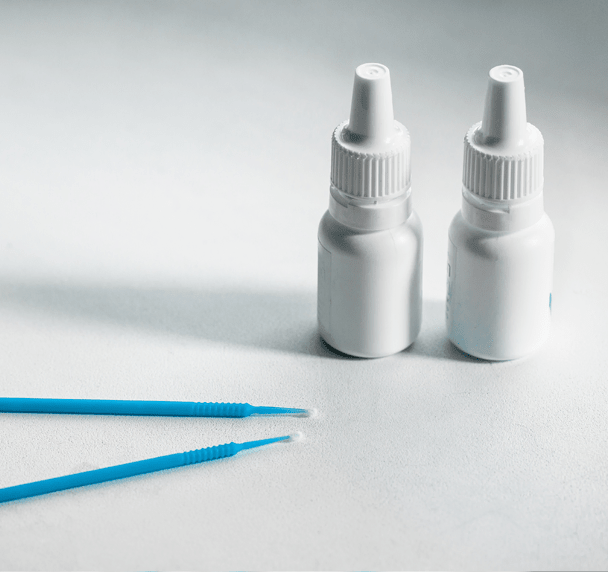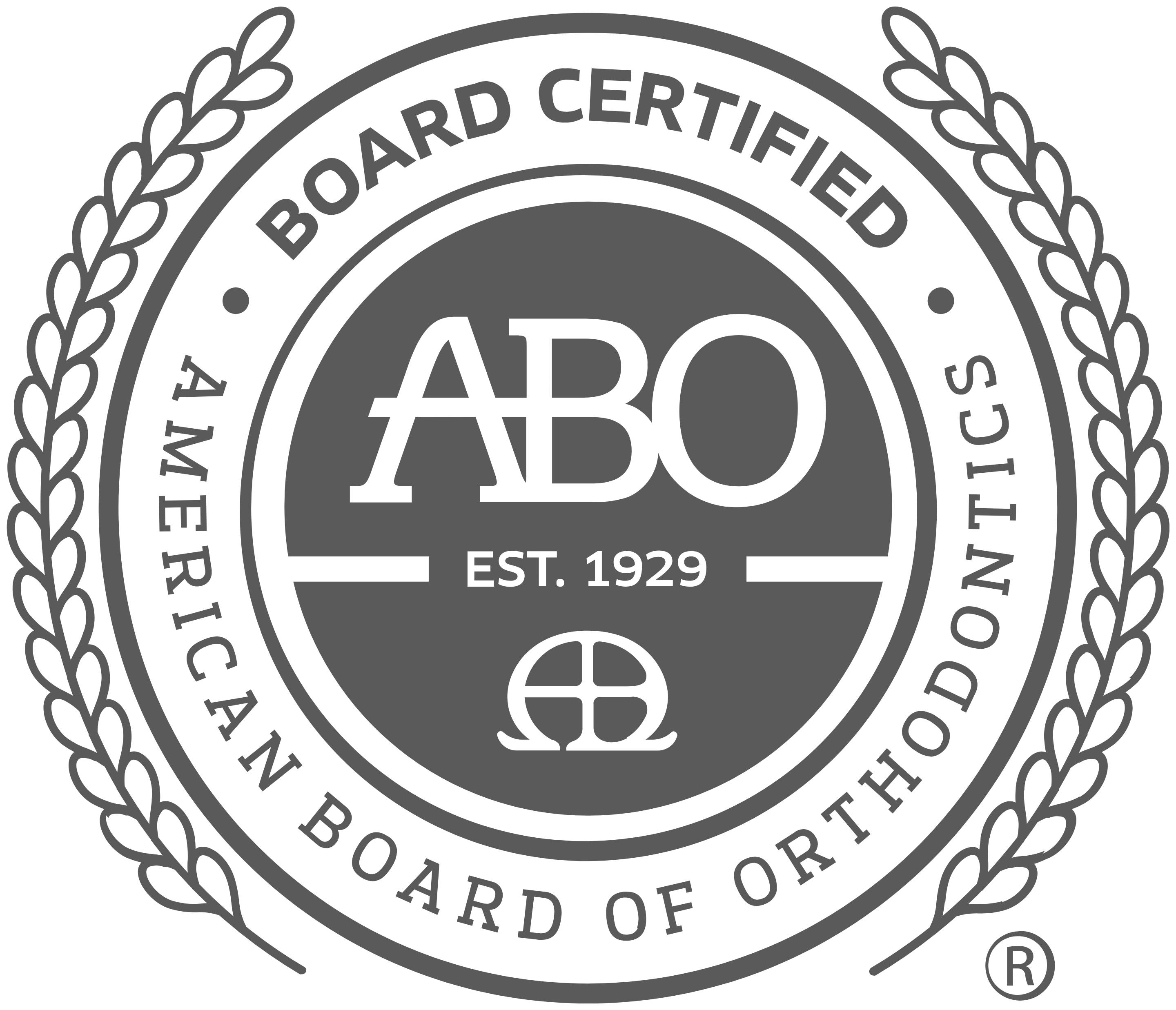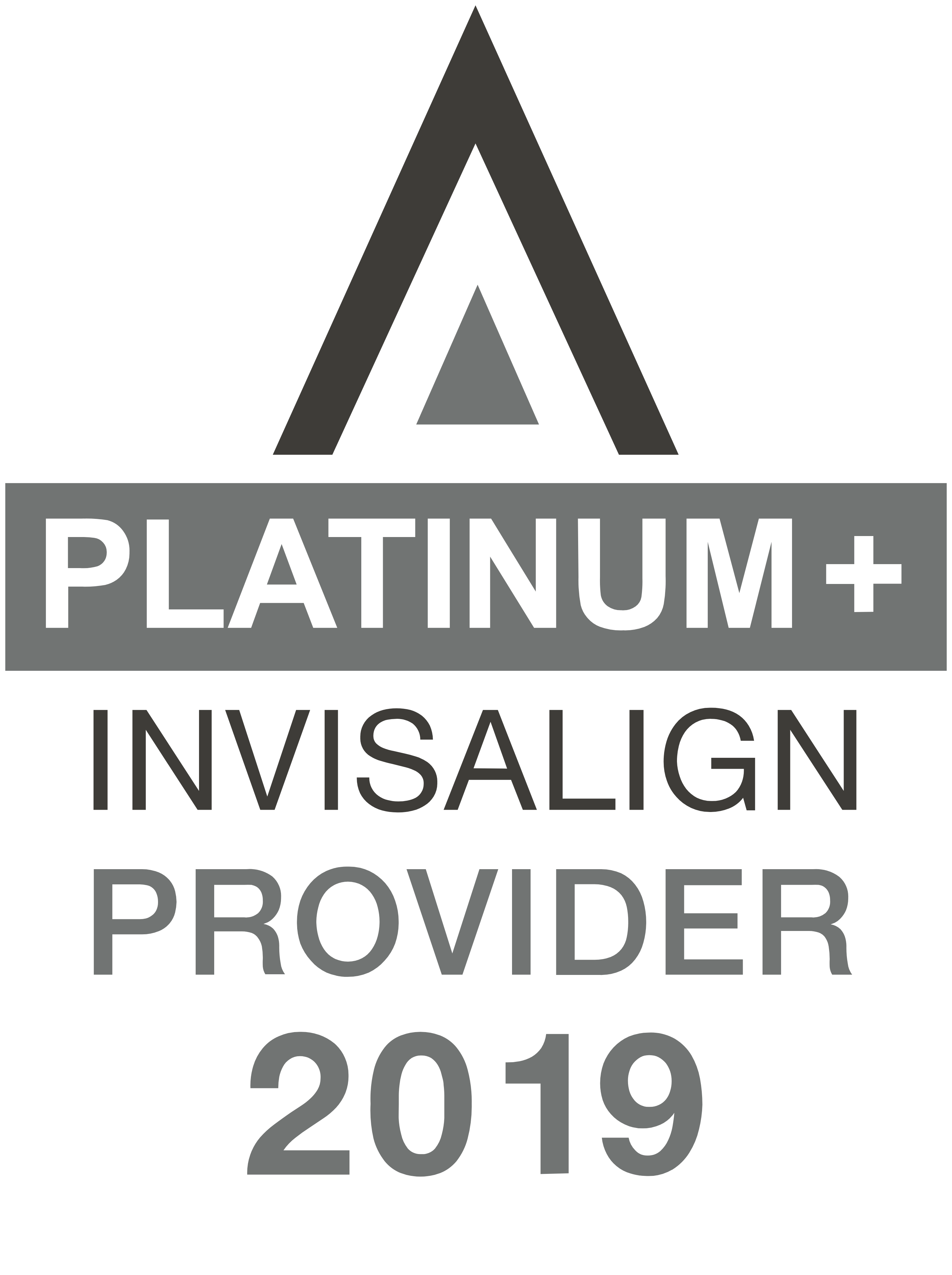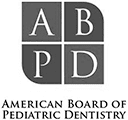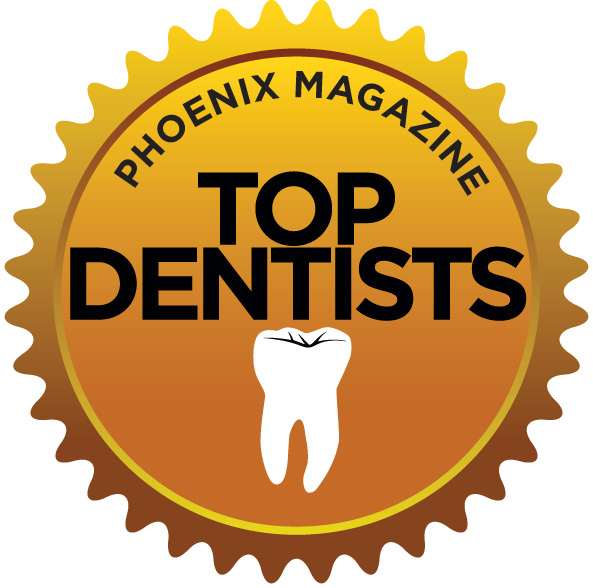FAQs About Pediatric Dentistry
Why should my child see a pediatric dentist instead of our regular family dentist?
Pediatric dentistry is a dental specialty that focuses on the oral health of young people. Following dental school, a pediatric dentist has two to three years additional specialty training in the unique needs of infants, children and adolescents, including those with special health needs.
How should I clean my baby's teeth?
A toothbrush with soft bristles and a small head, especially one designed for infants, is the best choice for infants. Brushing at least once a day, at bedtime, will remove plaque bacteria that can lead to decay.
At what age should my child have his/her first dental visit?
"First visit by first birthday" is the general rule. To prevent dental problems, your child should see a pediatric dentist when the first tooth appears, usually between 6 and 12 months of age, certainly no later than his/her first birthday.
What is baby bottle tooth decay and how can I prevent it?
Baby bottle tooth decay is a pattern of rapid decay associated with prolonged nursing. It happens when a child goes to sleep while breast-feeding and/or bottle-feeding. During sleep, the flow of saliva is reduced and the natural self-cleansing action of the mouth is diminished. Avoid nursing children to sleep or putting anything other than water in their bedtime bottle. Encourage your child to drink from a cup as they approach their first birthday. He/she should be weaned from the bottle at 12–14 months of age.
Can thumbsucking be harmful for my child's teeth?
Thumb and pacifier sucking habits that go on for a long period of time can create crowded, crooked teeth or bite problems. If they are still sucking their thumbs or fingers when the permanent teeth arrive, a mouth appliance may be recommended by your pediatric dentist. Most children stop these habits on their own.
What are dental sealants and how do they work?
Sealants are clear or shaded plastic applied to the teeth to help keep them cavity-free. Sealants fill in the grooved and pitted surfaces of the teeth, which are hard to clean, and shut out food particles that could get caught, causing cavities. Fast and comfortable to apply, sealants can effectively protect teeth for many years.
When should my child start using toothpaste?
The American Academy of Pediatric Dentistry recommends you clean your child's teeth with water and a soft bristled toothbrush up to age 1. After 1 year of age, parents may use a small smear of fluoridated toothpaste on a soft bristled toothbrush to clean their child's teeth. A pea-sized amount of toothpaste may be used after age 2 and parents should supervise brushing to ensure children do not swallow excess toothpaste. See photos under the oral hygiene category.
If my child gets a toothache, what should I do?
To comfort your child, rinse his/her mouth with warm salt water and apply a cold compress or ice wrapped in a cloth on your child's face if it is swollen. Do not put heat or aspirin on the sore area, but you may give the child acetaminophen for pain. See us as soon as possible.
Is my child getting enough fluoride?
Fluoride has been shown to dramatically decrease a person's chances of getting cavities by making teeth stronger. Fluoride in the drinking water is the best and easiest way to get it, but to make sure your child is getting enough fluoride, have your pediatric dentist evaluate the fluoride level of your child's primary source of water. If your child is not getting enough fluoride internally through water (especially in communities where the water district does not fluoridate the water or if your child drinks bottled water without fluoride), your pediatric dentist may prescribe fluoride supplements.
How safe are dental X-rays?
With contemporary safeguards, such as lead aprons and high-speed film, the amount of radiation received in a dental X-ray examination is extremely small. Even though there is very little risk, pediatric dentists are particularly careful to minimize the exposure of child patients to radiation. In fact, dental X-rays represent a far smaller risk than an undetected and untreated dental problem.
My child plays sports. How should I protect my child's teeth?
A mouth guard should be a top priority on your child's list of sports equipment. Athletic mouth protectors, or mouth guards, are made of soft plastic and fit comfortably to the shape of the upper teeth. They protect a child's teeth, lips, cheeks and gums from sports-related injuries. Any mouth guard works better than no mouth guard, but a custom-fitted mouth guard fitted by our doctor is your child's best protection against sports-related injuries.
When do the first teeth start to erupt?
At about 6 months, the two lower front teeth (central incisors) will erupt, followed shortly by the two upper central incisors. The remainder of the baby teeth appear during the next 18 to 24 months but not necessarily in an orderly sequence from front to back. At 2 to 3 years, all of these 20 primary teeth should be present.
What should I do if my child knocks out a permanent tooth?
First of all, remain calm. If possible, find the tooth and hold it by the crown rather than the root. Replace the tooth in the socket and hold it there with clean gauze or a washcloth. If you can't put the tooth back in the socket, place the tooth in a clean container with milk and take your child and the glass immediately to the pediatric dentist. The faster you act, the better your chances of saving the tooth.
How can I help my child through the teething stage?
Sore gums when teeth erupt are part of the normal eruption process. The discomfort is eased for some children by use of a teething biscuit, a piece of toast or a frozen teething ring. Your pharmacy should also have medications that can be rubbed on the gums to reduce the discomfort.
I noticed a space between my child's two upper front teeth. Is this cause for concern?
Usually, the space will close in the next few years as the other front teeth erupt. We can determine whether there is cause for concern.
If my child gets a cavity in a baby tooth, should it still be filled?
Primary, or "baby," teeth are important for many reasons. Not only do they help children speak clearly and chew naturally, they also aid in forming a path that permanent teeth can follow when they are ready to erupt. Some of them are necessary until a child is 12 years old or longer. Pain, infection of the gums and jaws, impairment of general health and premature loss of teeth are just a few of the problems that can happen when baby teeth are neglected. Also, because tooth decay is really an infection and will spread, decay on baby teeth can cause decay on permanent teeth. Proper care of baby teeth is instrumental in enhancing the health of your child.
Four things are necessary for cavities to form — a tooth, bacteria, sugars or other carbohydrates and time. Dental plaque is a thin, sticky, colorless deposit of bacteria that constantly forms on everyone's teeth. When you eat, the sugars in your food cause the bacteria in plaque to produce acids that attack the tooth enamel. With time and repeated acid attacks, the enamel breaks down and a cavity forms.



